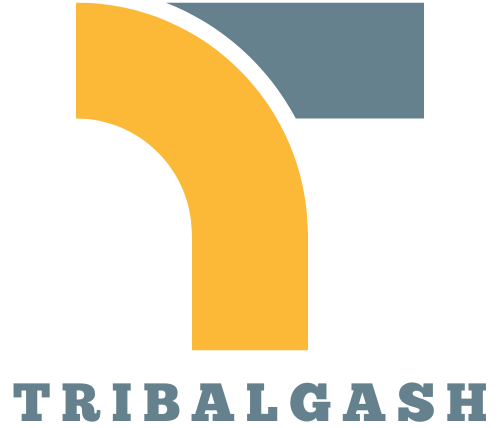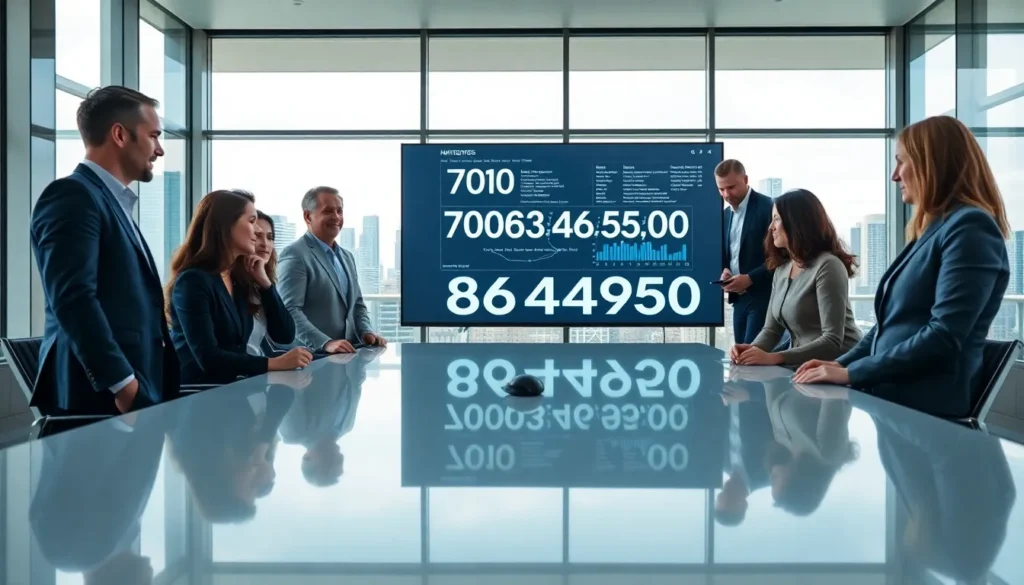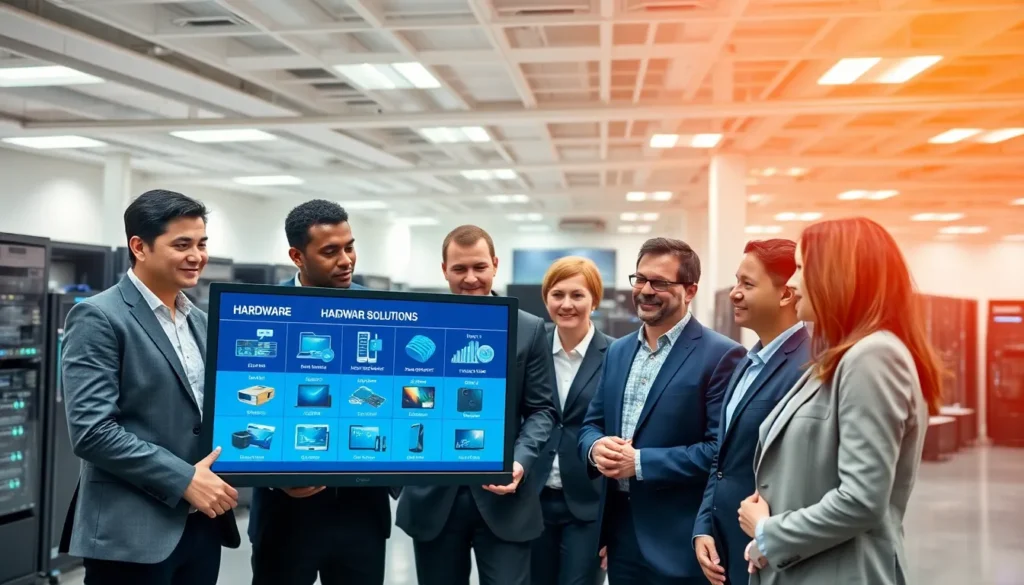Picture this: an office where employees thrive, not just survive. They’re not just clocking in for a paycheck, they’re investing in their future. Enter the career development program for employees. It’s not just another corporate buzzword: it’s a roadmap that leads to career advancement and employee satisfaction. So, why should organizations care? Because happy employees are productive employees. Let’s jump into the nuts and bolts of how these programs can transform a workplace from ordinary to extraordinary.
Table of Contents
ToggleUnderstanding Career Development

Career development refers to the continuous process where employees gain new skills and knowledge to enhance their capabilities and advance their careers. It’s much more than a one-time training session or a motivational speech. Rather, it encompasses various strategies designed to help individuals meet their professional goals. For some, it might mean climbing the corporate ladder, while for others, it might involve mastering new technologies or shifting to a different field altogether.
Career development is a mutual journey. While employees take the reins of their advancement, organizations play a pivotal role in fostering an environment conducive to growth. This partnership ensures that both parties benefit from a culture of learning and development.
Importance Of Career Development Programs
The importance of career development programs cannot be understated. They serve as a catalyst for personal and professional growth. When organizations invest in such programs, they cultivate a more engaged workforce ready to tackle challenges with enthusiasm.
Also, these programs can significantly enhance employee retention. Let’s face it, employees who feel valued and see opportunities for advancement are less likely to jump ship for a competitor. Companies that prioritize career development tend to attract top talent, as prospective employees look for workplaces committed to their growth.
Also, these programs help businesses adapt to rapid changes in technology and market dynamics. With new skills in their toolkit, employees can step up to meet evolving demands, ensuring the organization remains competitive.
Components Of An Effective Career Development Program
An effective career development program is like a well-oiled machine, featuring several key components that work in harmony. Here’s a breakdown of the vital elements:
Steps To Carry out A Career Development Program
Implementing a career development program begins with a well-thought-out strategy. Organizations must identify employee needs, align those with business objectives, and establish a clear roadmap for progression.
Setting Clear Objectives
Setting clear, attainable objectives is crucial for any successful program. Goals should be SMART: Specific, Measurable, Achievable, Relevant, and Time-bound. When employees understand what’s expected of them, they’re more likely to stay focused on their growth.
Providing Resources And Support
Without the right support, even the most motivated employee can falter. Organizations should provide access to training materials, mentorship programs, and networking opportunities. This supportive infrastructure enables employees to develop their skills effectively.
Monitoring Progress And Feedback
Finally, consistent monitoring and feedback loop is essential. Regular check-ins help in tracking progress, offering encouragement, and making necessary adjustments to career development plans. This ongoing dialogue reassures employees that their growth is a priority.
Evaluating The Program’s Success
Evaluating the success of a career development program involves analyzing several metrics. Employee feedback is a goldmine of information: surveys can reveal if the program meets its intended goals. Also, tracking promotions and increased job satisfaction can offer concrete evidence of effectiveness.
Another useful approach is monitoring the retention rate post-implementation. If employees are staying longer and feeling fulfilled in their roles, that’s a strong indicator that the program is making an impact.
Finally, consider performance reviews. If employees show marked improvement in their skills and contributions, it’s a clear sign the program is hitting the mark.
Challenges In Career Development Programs
While the benefits are significant, implementing career development programs is not without its challenges. One primary obstacle is budget constraints. Many organizations view these programs as costly initiatives that take away from other priorities.
Another challenge is lack of participation. Employees may feel overwhelmed by their current workloads and not see the immediate value in dedicating time to development programs. This can lead to low engagement and subpar outcomes.
Also, some organizations struggle with aligning their development programs with career paths that truly interest employees. Without a proper understanding of individual aspirations, the program may fail to resonate with participants.
Future Trends In Career Development
As the work landscape continues to shift, career development programs will inevitably evolve to keep pace. One emerging trend is the integration of technology, with online courses and virtual reality simulations becoming more prevalent. These innovations provide immersive learning experiences that cater to a digital-savvy workforce.
Also, personalized learning paths are on the rise. Tailoring development opportunities to individual employee preferences and career aspirations makes the programs more effective and engaging. Companies may also expand the focus beyond traditional skills, soft skills like emotional intelligence and adaptability are becoming equally important in the modern workplace.
Finally, there’s a push towards foster a culture of continuous learning. Organizations will likely encourage a mindset where development is an ongoing journey rather than a destination. This paradigm shift will help employees remain agile and ready to tackle future challenges.









